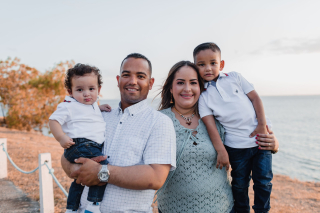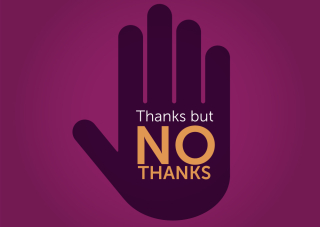 It’s hard because you want to be sure your chosen person understands your wishes, your financial situation and can make good decisions on your behalf. Not everyone can do that.
It’s hard because you want to be sure your chosen person understands your wishes, your financial situation and can make good decisions on your behalf. Not everyone can do that.
There is considerable responsibility that comes with being named an executor of an estate, explains MoneySense in the article “Should the sole recipient of an estate be the executor too?” There have been new rules passed in the last year that make the tax reporting even more important. What happens if you realize that the person you originally named may not be up to the task? This is another reason why it’s good to review estate plans every few years. There are several factors to consider when you think about whom you might name.
Consider the person’s age. It’s smart to choose a person who’s younger than you. Although that doesn’t guarantee that they will outlive you, it certainly ups the odds. Ideally, you should try to find a person who is comfortable with the areas of money and tax and doesn’t easily get overwhelmed by paperwork. Since the role of estate executor can be an intense issue that takes a great amount of time, the person you choose ideally will be retired or have the bandwidth to dedicate the substantial time commitment required to do the job properly.
 Houston Estate Planning and Elder Law Attorney Blog
Houston Estate Planning and Elder Law Attorney Blog










